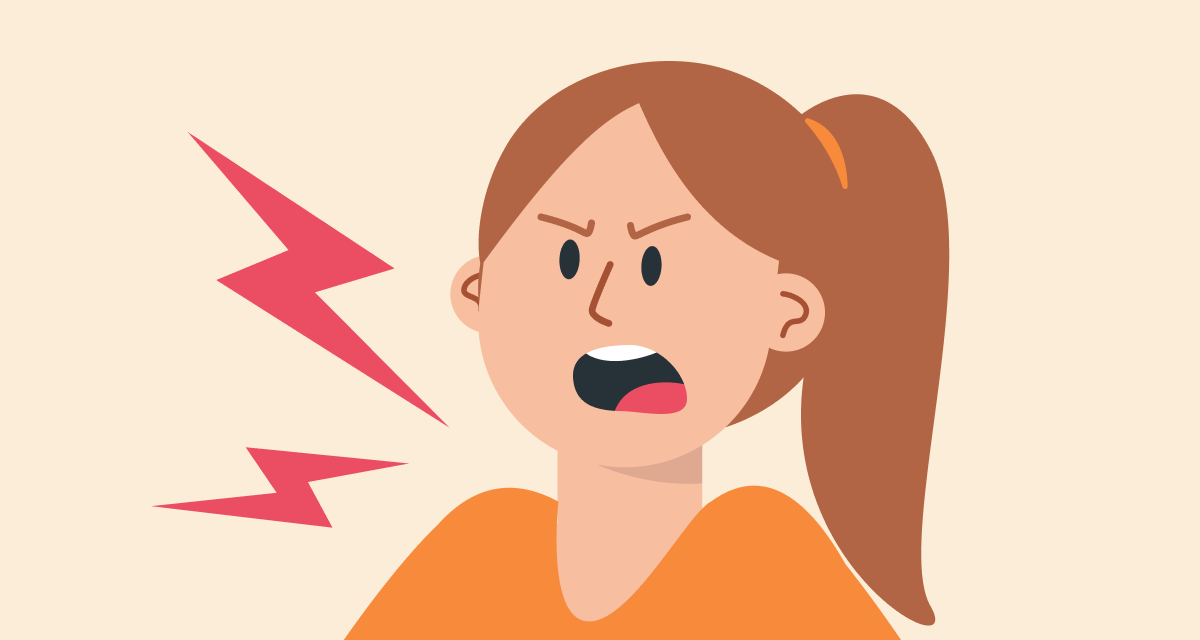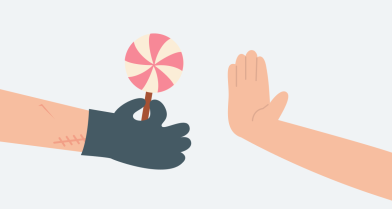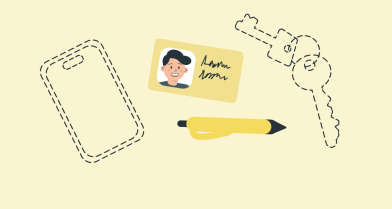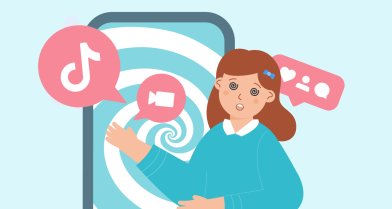What to Do When Your Kid Says “I Hate You”

Even the sweetest child may shout, “I hate you!” in the heat of the moment. It stings, especially when you’re trying to be a loving, supportive parent. But those words aren’t really about you. They’re about your child’s overwhelming feelings—often scary and confusing even to them.
Why Kids Say “I Hate You”
These words are a sign of strong emotions. Children ages 7–12 may say it when they’re tired, frustrated, or can’t find better words for hurt or anger.
Teens 13–17 often use it as a protest, or a way to express pain, test limits, or assert independence. Behind the “hate” is usually hurt, anger, or helplessness.
What Parents Can Keep in Mind
This isn’t a rejection of you. Your child isn’t making a rational judgment about your worth. They’re overwhelmed—by anger, fear, or disappointment—and this is how it spills out.
How to Respond, Step by Step
- Stay calm
Even if it hurts, respond with a steady voice. Your calm presence says: “You’re safe, even when you lose control.” - Take a pause
You don’t have to react right away. Silence and a few deep breaths can be more powerful than any quick reply. - Use supportive words
When you’re ready to respond, try something like:- “You’re really upset right now. I hear you.”
- “I’m sorry you’re feeling this way.”
- “I love you, even when you’re mad.”
- “I’m here.”
- “This is hard, I know.”
What NOT to Do
When emotions run high, it’s easy to get pulled in, but your reaction can either calm the storm or make it worse. Try to avoid:
- Yelling back: it only escalates things.
- Blaming: “How could you say that to me?”
- Withdrawing: “Fine, I won’t talk to you either.”
- Demanding apologies right away: let them cool off first.
- Lecturing: during emotional outbursts, kids don’t hear logic; they need connection.
Teaching Kids to Handle Big Feelings
“I hate you” often shows up when kids don’t yet have the tools to say what they really feel. So, beyond handling the moment, help them build emotional awareness:
- Name their feelings out loud: “Sounds like you’re really angry.”
- Talk about your own feelings: “I felt sad when…”
- Discuss emotions during calm moments: After a story, movie, or shared experience
- Normalize emotions: “It’s okay to feel mad—it’s what we do with it that matters.”
In time, they’ll learn to say: “I’m upset,” or “I feel hurt” instead of “I hate you.”
Even harsh words can carry a hidden question: “Are you still here for me?”
When your response is calm and caring, you’re giving the answer they need most.
References:
- An age-by-age guide to dealing with “I hate you”, Today’s Parent, 2025
- “I Hate You!” How to Respond to Disrespectful Behavior, The Alliance for Early Childhood, 2023
- When Your Child Says “I Hate You”, Psychology Today, 2014
Проверьте электронный ящик



















